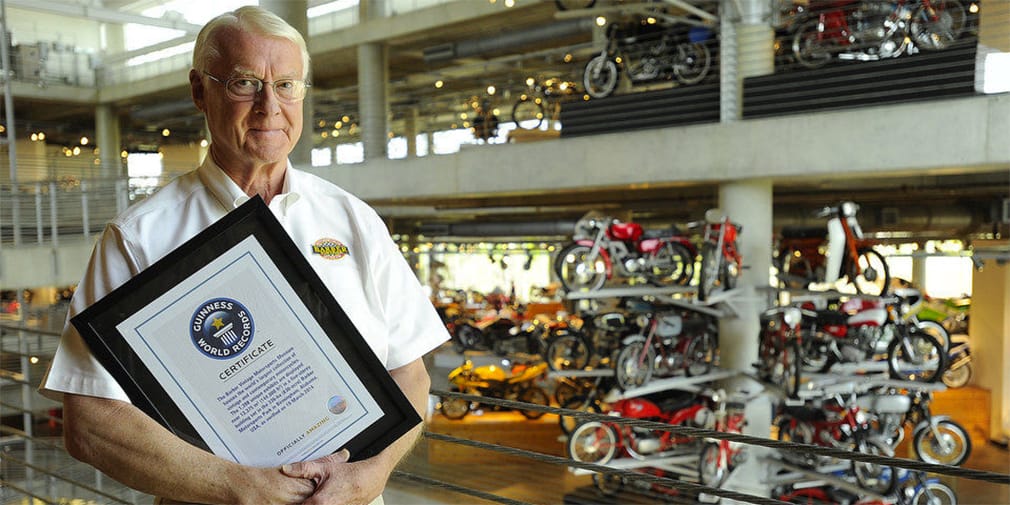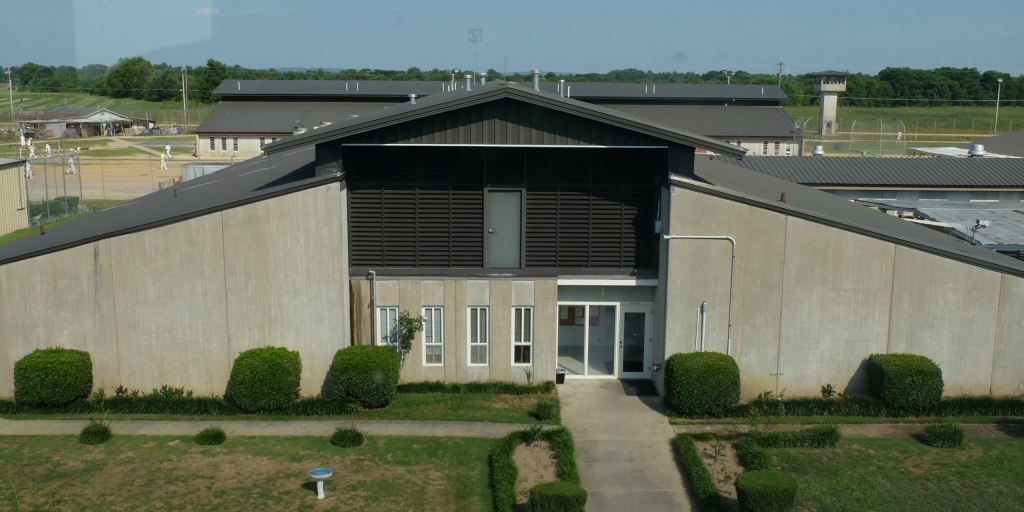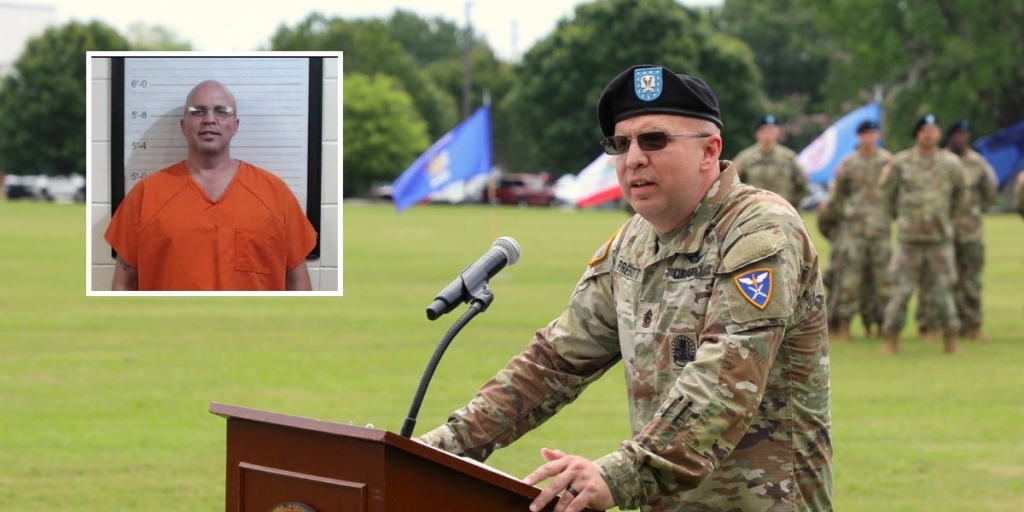Alabama’s aerospace industry is marked by innovators, who are rethinking established industry standards and pushing the limits of their imaginations.
They’re focused on specialized products and training to aid military personnel, new solutions for faster communications around the globe and more efficient ways for pilots and travelers to conquer the skies.
“There’s an inventive spirit that courses throughout this industry, from the global manufacturers who are fulfilling major international contracts to the young entrepreneurs who are just beginning to bring their ideas to life,” said Greg Canfield, secretary of the Alabama Department of Commerce.
“They’re all important, and they all have a place here, because their innovations will shape the future of aviation, aerospace and defense.”
The innovative spirit of Alabama’s growing aerospace industry is exemplified by four firms that are making waves and winning business. Here is a look at them.
RADIOBRO CORP.
A Huntsville-based aerospace engineering firm used one of its products to help win a national contest to improve field communications for U.S. warfighters.
RadioBro Corp., which makes miniature electronic systems for airplanes and spacecraft, landed the $10,000 first prize in the challenge from the group SOFTWERK, along with a chance to work with U.S. defense agencies and contractors to turn the winning proposal into reality.
The firm – founded by twin brothers and University of Alabama in Huntsville grads, Mark and Eric Becnel – is located at UAH’s Dorothy S. Davidson Invention to Innovation Center.
The proposal was based on RadioBro’s own miniaturized ultra-high-frequency telecommunication hardware, and it beat eight other submissions from across the U.S.
“We showed how we can bridge radio frequency data using the same technique we apply to relay information through a small spacecraft,” said Mark Becnel, RadioBro’s president. “We used four of the MiniSatCom modules we designed in 2014 to demonstrate a solution.”
The solution uses miniature devices that are activated and deployed by a user making his or her way through, around or into structures that would normally block or degrade a radio signal.
Deploying the tiny, hard-to-detect devices reroutes a radio signal from its origin through a chain of repeater devices to the user’s receiver. The size of the devices makes them hard for enemy forces to find and disrupt, and the low cost per unit allows the devices to be left behind if necessary.
Participating in the contest opened new potential for RadioBro technologies.
“We did not look at terrestrial applications of our device,” Becnel said. “We now show strength in new market areas in which we previously were not involved.”
Made in Alabama profiled the Becnels in 2015.
DYNALANTIC CORP.
Ozark’s DynaLantic Corp. has built a name for itself manufacturing training systems and simulators for military helicopters.
The company, established in 1984, conducts such training for AH-1 Cobra, UH-1H Huey, Huey II and AH-64A Apache aircraft. The crucial resource can provide calm, planned and practiced reactions among pilots in case of real emergencies.
The DynaFlight Training Center last year provided simulator flight training for four NASA Kennedy Space Center Huey II pilots, allowing them to complete their annual emergency training.
During the session, the pilots repeatedly executed in-flight helicopter emergencies, including inadvertent flight into bad weather, hydraulic failure, tail rotor loss, engine failure and auto-rotation to touchdown.
David Ramsey, Kennedy Space Center Chief of Flight Operations, emphasized the value of DynaLantic’s facility.
“The simulator training was very beneficial for our team as it has allowed us to practice and hone skills for situations not often encountered and/or cannot be safely conducted in actual aircraft,” he said.
MYNARIC
Mynaric, a fast-growing German startup that chose Huntsville for its U.S. headquarters last year, is a pioneer in the field of laser communication technologies.
Today’s data networks are based largely on infrastructure on the ground, and it is often expensive and impractical to expand.
So, the future calls for that expansion to happen in air and space, the company says, with high-speed internet being sent down from satellite and airborne networks to the most remote corners of the globe.
Mynaric’s wireless laser data transmission products include ground stations and flight terminals, which allow large quantities of data to be sent wirelessly over long distances between aircraft, autonomous drones, high altitude platforms, satellites and the ground at high data rates.
The company was founded 2009 with the goal of commercializing wireless laser communication for aerospace applications.
Applications of Mynaric technology include secure point-to-point communications between stationary and non-stationary objects, airborne mesh networks and secure tactical communications.
Customers are also using the technology to deploy communication constellations, enabling accessibility to underserved populations.
SOUTHERN SKY AVIATION
A new full-service aviation company says it is “reimagining flight” in Birmingham.
Southern Sky Aviation opened last year at the Birmingham-Shuttlesworth International Airport.
The company says it wants to make charter flights more attainable to the flying public.
It also offers a wide range of maintenance services, including complete overhauls, routine repairs and required inspections. Beyond that, the company offers a long list of avionics services, from installing the latest weather radar to upgrading traffic alert systems.
Southern Sky also offers flight management and aircraft brokerage services.
Earlier this year, the company said it would expand into the Atlanta market, and last month, it announced the addition of international charter flights out of Birmingham, to Canada, the Caribbean and Central and South America.
(Courtesy of Made in Alabama)













